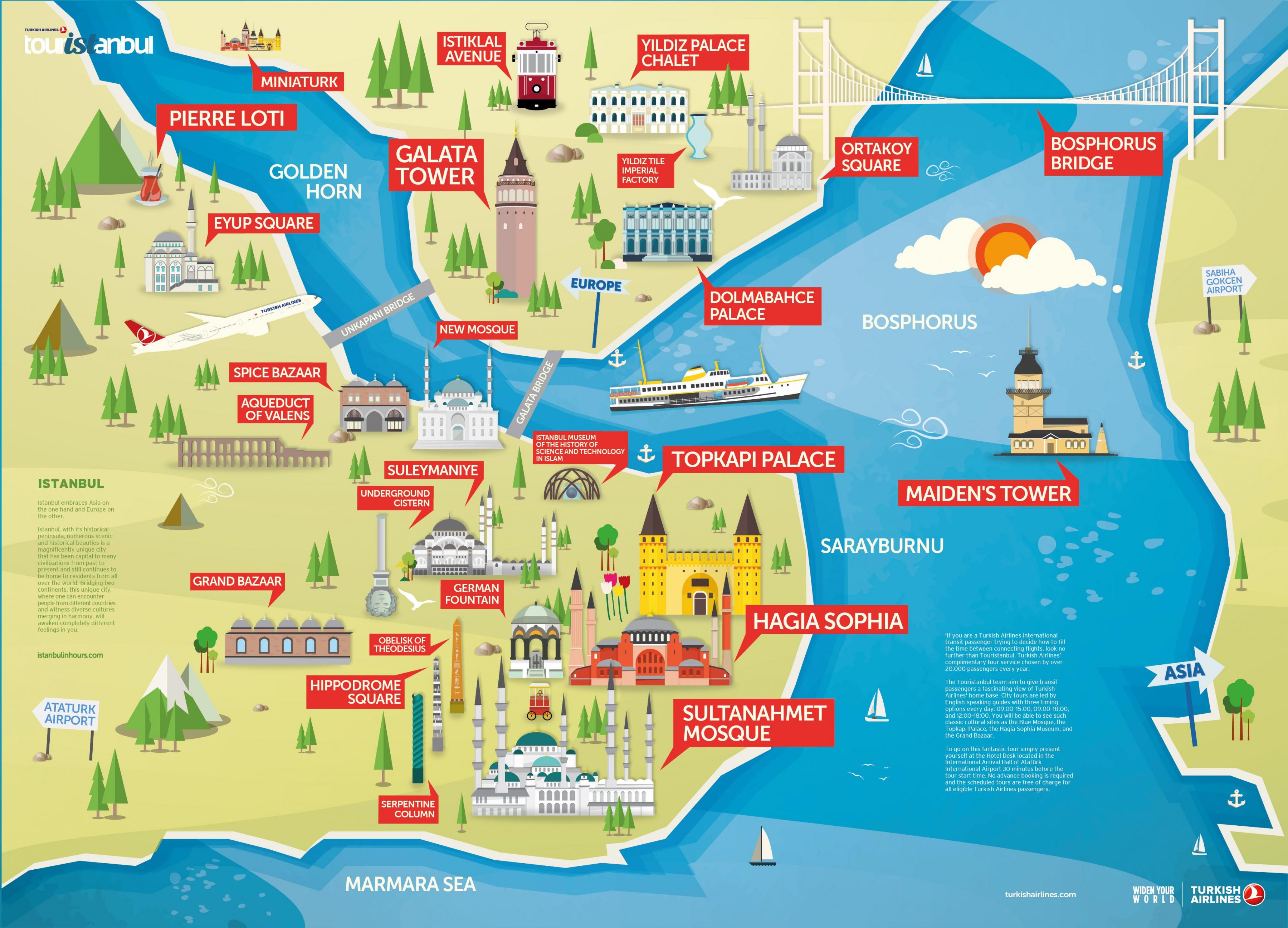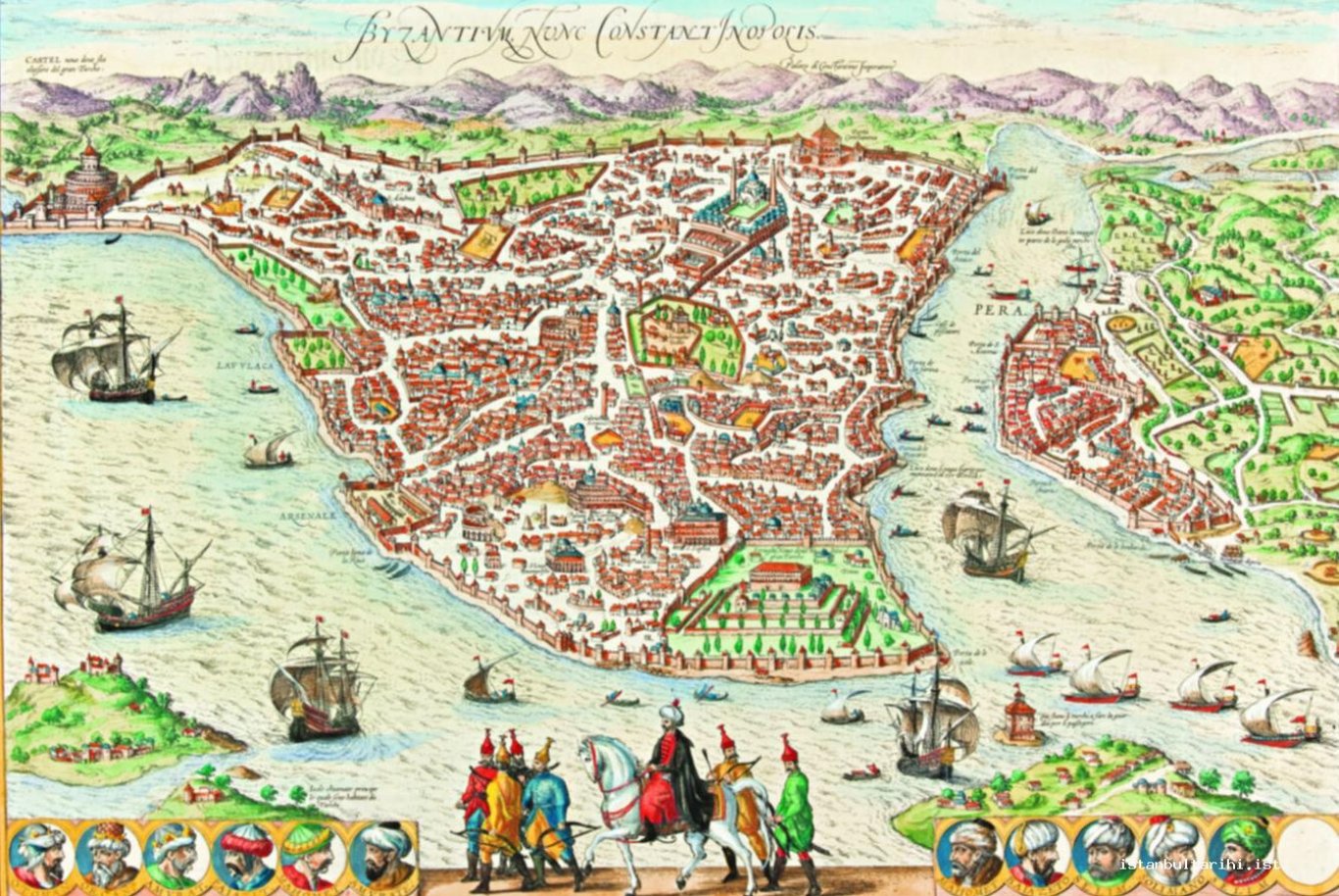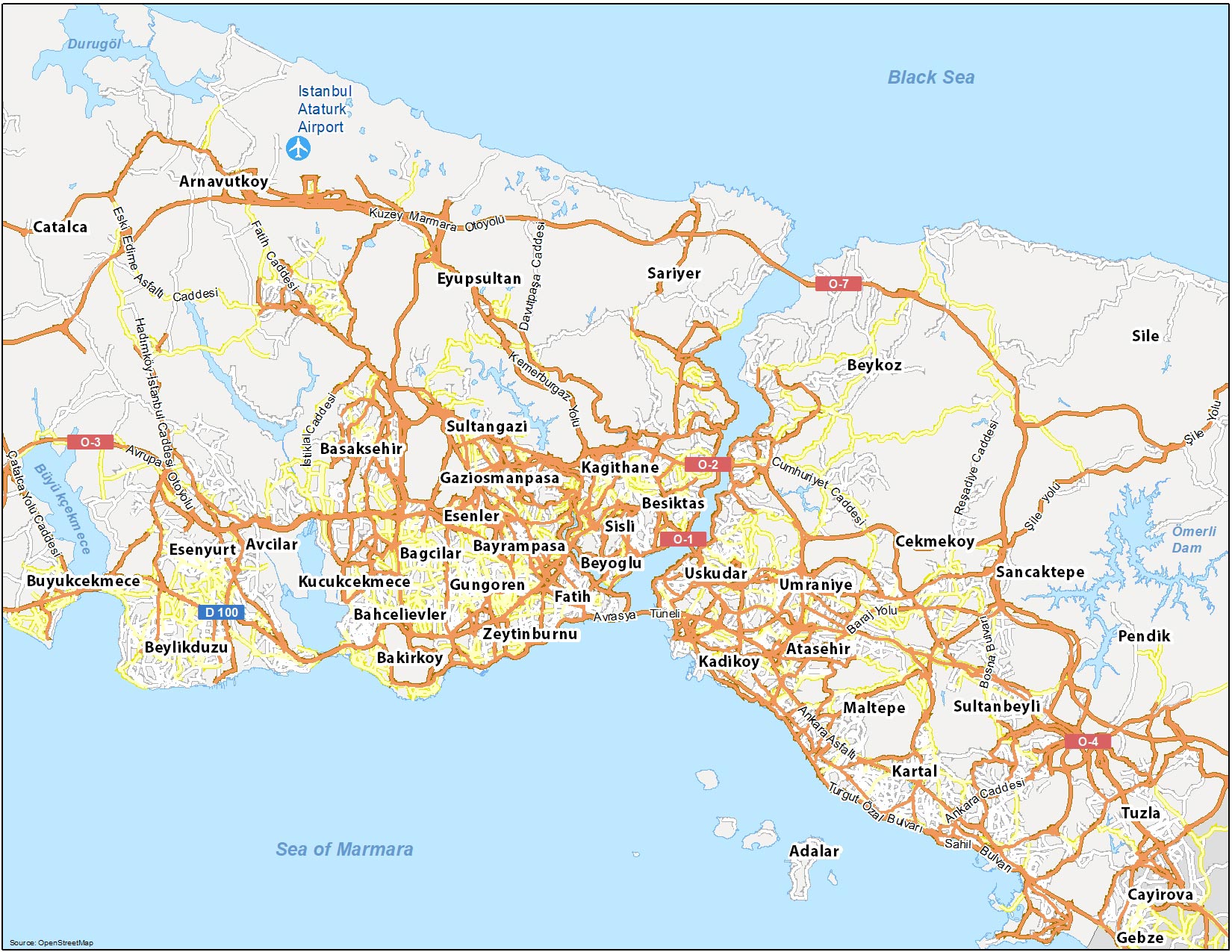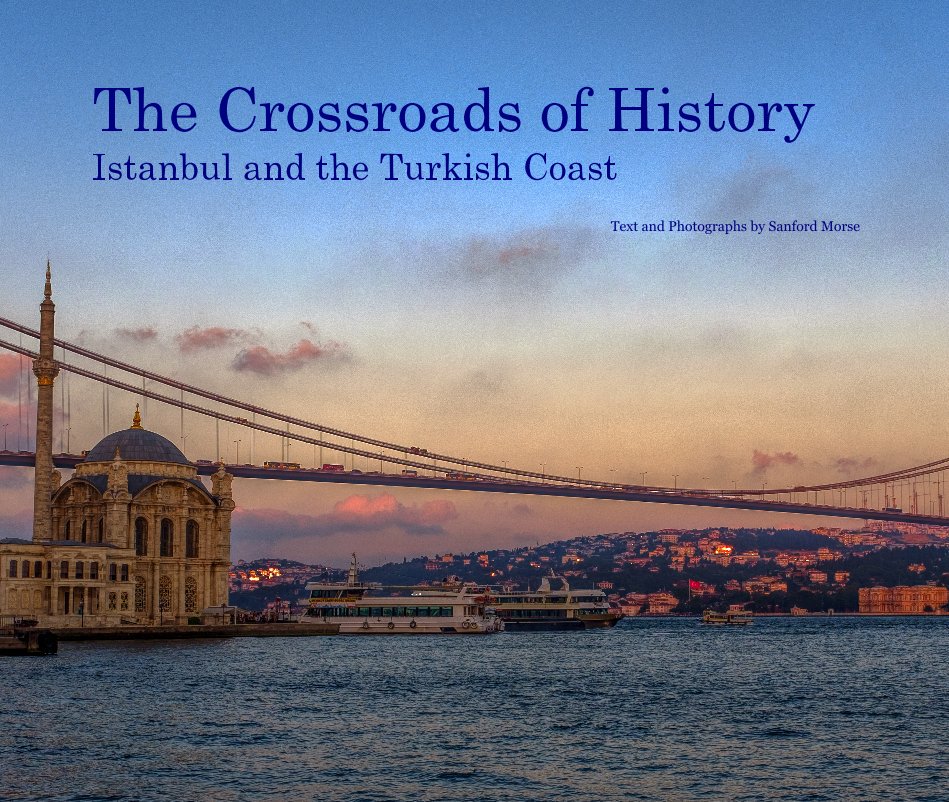Istanbul: A Crossroads of History, Culture, and Commerce on the World Map
Related Articles: Istanbul: A Crossroads of History, Culture, and Commerce on the World Map
Introduction
In this auspicious occasion, we are delighted to delve into the intriguing topic related to Istanbul: A Crossroads of History, Culture, and Commerce on the World Map. Let’s weave interesting information and offer fresh perspectives to the readers.
Table of Content
Istanbul: A Crossroads of History, Culture, and Commerce on the World Map

Istanbul, a vibrant metropolis straddling the continents of Europe and Asia, stands as a testament to centuries of history, cultural exchange, and strategic importance. Situated on the shores of the Bosphorus Strait, a vital waterway connecting the Black Sea to the Aegean Sea, Istanbul’s geographical location has played a pivotal role in shaping its rich and complex past.
A Historical Tapestry Woven Across Continents
The city’s origins can be traced back to the 7th century BC, when it was founded as Byzantium, a Greek colony. Its strategic location on the trade routes between the East and West quickly propelled it to prominence. In 330 AD, Emperor Constantine I declared Byzantium the new capital of the Roman Empire, renaming it Constantinople. The city flourished under the Byzantine Empire, becoming a center of learning, art, and commerce.
The capture of Constantinople by the Ottoman Turks in 1453 marked a turning point in history. The city became the capital of the Ottoman Empire, solidifying its position as a major power in the region. Istanbul, as it was now known, became a hub of cultural exchange, witnessing the fusion of Eastern and Western influences.
A City of Contrasts: Blending Past and Present
Today, Istanbul is a fascinating blend of ancient and modern. Majestic mosques like the Hagia Sophia and the Blue Mosque stand as architectural marvels, echoing the grandeur of the Ottoman Empire. The Grand Bazaar, a sprawling labyrinth of shops and stalls, offers a glimpse into the city’s rich commercial heritage.
Istanbul’s skyline is punctuated by modern skyscrapers, reflecting its transformation into a global economic powerhouse. The city boasts a thriving financial sector, diverse industries, and a vibrant arts and culture scene.
A Bridge Between East and West
Istanbul’s unique geographical position has made it a crossroads of cultures, a bridge between the East and West. Its historical significance, coupled with its strategic location, continues to attract visitors and investors from around the globe.
The city’s multicultural heritage is reflected in its diverse population, cuisine, and traditions. From the bustling streets of the Grand Bazaar to the serene gardens of Topkapi Palace, Istanbul offers a rich tapestry of experiences for travelers.
Navigating Istanbul: A Guide to its Significance
Understanding Istanbul’s Location:
- Straddles the Bosphorus Strait: Istanbul is situated on the shores of the Bosphorus Strait, a vital waterway connecting the Black Sea to the Aegean Sea. This strategic location has historically made it a crucial trade route and a strategic military position.
- Located on the European and Asian continents: Istanbul is unique in being a transcontinental city, bridging Europe and Asia. This geographical feature has contributed to its cultural diversity and historical significance.
Exploring Istanbul’s Historical Importance:
- Byzantine Empire: Constantinople, the former name of Istanbul, was the capital of the Byzantine Empire for over 1,100 years. This era witnessed the city’s rise as a center of learning, art, and trade.
- Ottoman Empire: Istanbul became the capital of the Ottoman Empire after its capture in 1453. It served as the empire’s political, cultural, and economic center for over six centuries.
- Modern Turkey: Istanbul remains a vital city in modern Turkey, serving as the country’s largest city and a significant economic hub.
Delving into Istanbul’s Cultural Significance:
- Blend of Eastern and Western influences: Istanbul’s history as a crossroads of empires has resulted in a unique cultural blend. The city reflects both Eastern and Western influences in its architecture, cuisine, and traditions.
- Rich architectural heritage: Istanbul is home to iconic landmarks like the Hagia Sophia, the Blue Mosque, and Topkapi Palace, showcasing the city’s architectural prowess.
- Vibrant arts and culture scene: Istanbul boasts a thriving arts and culture scene, with numerous museums, theaters, and music venues. The city is also a hub for contemporary art and design.
Understanding Istanbul’s Economic Significance:
- Global economic hub: Istanbul is a major economic center, with a thriving financial sector, diverse industries, and a growing tourism industry.
- Strategic trade route: Istanbul’s location on the Bosphorus Strait makes it a vital trade route connecting Europe and Asia.
- Growing international investment: Istanbul is attracting increasing international investment, particularly in the real estate, tourism, and technology sectors.
FAQs about Istanbul:
Q: What is Istanbul’s official name?
A: Istanbul is the official name of the city. It was previously known as Constantinople.
Q: What is the best time to visit Istanbul?
A: The best time to visit Istanbul is during the spring (April-May) and autumn (September-October) when the weather is pleasant and the crowds are smaller.
Q: What are some must-see attractions in Istanbul?
A: Some must-see attractions in Istanbul include the Hagia Sophia, the Blue Mosque, Topkapi Palace, the Grand Bazaar, the Spice Market, and the Galata Tower.
Q: What is the currency used in Istanbul?
A: The currency used in Istanbul is the Turkish Lira (TRY).
Q: What is the language spoken in Istanbul?
A: The official language of Istanbul is Turkish. English is widely spoken, particularly in tourist areas.
Tips for Visiting Istanbul:
- Plan your itinerary in advance: Istanbul is a large city with many attractions, so it’s essential to plan your itinerary in advance.
- Learn a few basic Turkish phrases: Learning a few basic Turkish phrases will help you communicate with locals and enhance your experience.
- Be prepared for crowds: Istanbul is a popular tourist destination, so be prepared for crowds, especially during peak season.
- Dress respectfully: Istanbul is a conservative city, so dress respectfully, especially when visiting religious sites.
- Try the local cuisine: Istanbul is known for its delicious cuisine, so be sure to try some local specialties.
Conclusion:
Istanbul, a city where history, culture, and commerce intertwine, stands as a testament to the enduring power of human ingenuity and the transformative nature of time. From its ancient origins as Byzantium to its modern-day status as a global economic hub, Istanbul continues to evolve, captivating the world with its rich tapestry of experiences. Whether exploring the grandeur of its historical landmarks, immersing oneself in its vibrant cultural scene, or simply savoring the flavors of its diverse cuisine, Istanbul offers a journey through time, a testament to the enduring spirit of a city that has witnessed the rise and fall of empires and continues to thrive as a beacon of cultural exchange and human connection.



/istanbul-old-map-170615962-59f9ccc99abed50010c1beee.jpg)




Closure
Thus, we hope this article has provided valuable insights into Istanbul: A Crossroads of History, Culture, and Commerce on the World Map. We appreciate your attention to our article. See you in our next article!